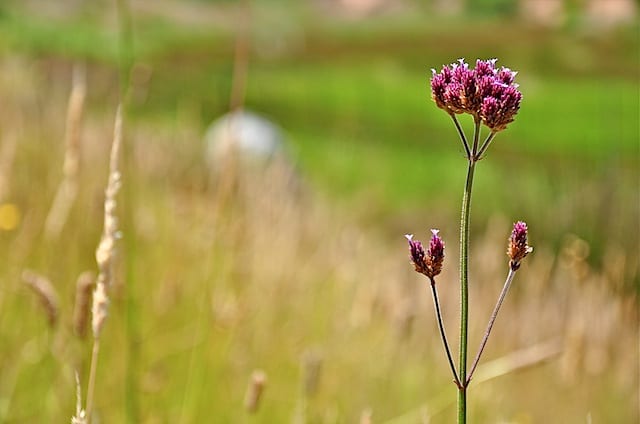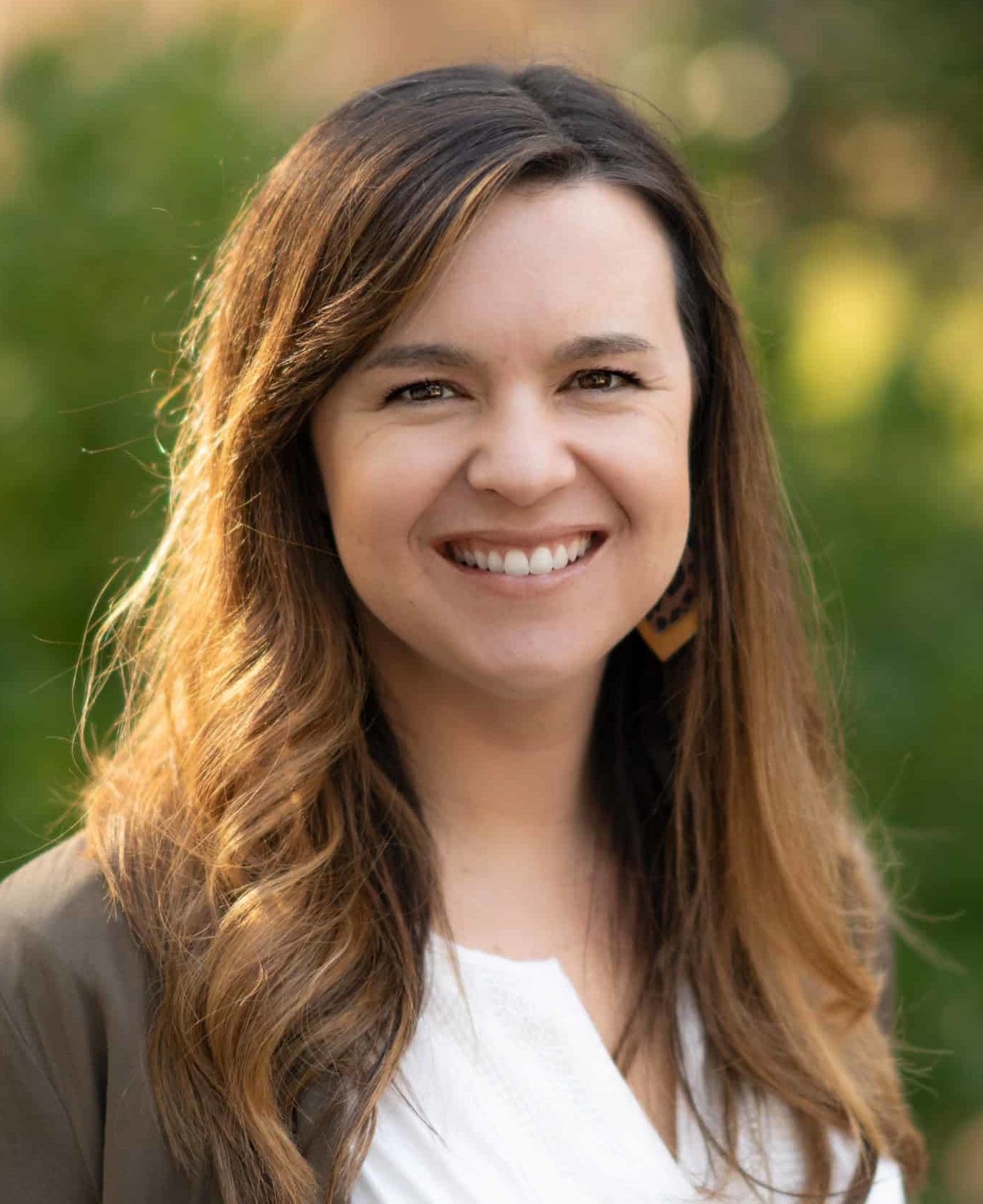
Day 2: The Strength in Our Frailty (And the Guy at the Bank)
Hi there! This post is the second in a 31-Day writing adventure I’m embarking on. I’d love for you to join me and read along. You can find the introduction to the series, and a “Table of Contents” as each day goes live, right here. Thanks so much for dropping in!

If there is one thing I can pinpoint that I find most frustrating about the experience of being human, it’s humanity. Not everybody else’s humanity — it’s my own shortcomings that, metaphorically speaking, keep getting under my skin.
A couple of weeks ago, I had a rather unfortunate experience at the bank, where someone made a pretty bad judgment call about what was happening when I was being helped by the teller. He made a very hurtful comment and followed it up by not being willing to hear what I had to say in defense of the significant amount of time I took with the teller. I cried in my car… cried again when one of the tellers called to apologize while I was in the parking lot at Walmart… it basically just kind of stunk.
I shared the story just after it happened, but I haven’t yet shared the follow-up story, what happened the Monday after that fateful Friday afternoon. By the end of the incident, I knew the name of the gentleman who’d spoken so harshly to me. When I got home from my errands and shared what had happened, the Hubs was… pretty much livid.
He handled it well, but decided he wanted to do something in my defense. So, on Monday afternoon, I was busy in my kitchen when he walked in with the phone in his hand and said “Someone wants to speak with you.”
He’d contacted the guy from the bank, explained that he’d been rude to his wife, and said he owed me an apology. I answered the phone and he apologized in an “if I have offended you…” sort of way. Not really committing — if you get my drift?
I took a moment to explain what was happening at the bank that afternoon when he was waiting in line. That there were 112 checks to process. That those checks were to cover my Dad’s medical bills. That that day was the six month anniversary of his death.
And once he had the whole story? He really apologized. Through a few more tears, I encouraged him to remember that you don’t always know what is going on in other’s people’s lives, so it’s best to be careful with everyone. He agreed that that was good advice and seemed to sincerely take it to heart.

At the end of the interaction, I was thankful I’d had the opportunity to speak with him, appreciated the apology, and was especially grateful to the amazing husband who stood in the kitchen with me, held me while I cried once more and said “You don’t deserve to be treated like that.” {Hero, more and more all the time…}
Reflecting on this incident, I see myself in the bank story — but I’m not always the protagonist. Sometimes I’m the one misjudging others, the one who doesn’t really want to hear the explanations for what I’ve already made my own judgments about. Sometimes I’m one of the other customers in line who stands there and agrees with the guy who’s getting impatient, stoking the fire instead of suggesting there’s the possibility that something else is going on there.
I say things I later regret. I do things I wish I didn’t do. And this is the frailty that makes the human experience so challenging. Our imperfections and weaknesses are an integral part of the story — we even say it, when we make mistakes:
I’m only human.
And that only human place? That is the place where God steps in with strength for our frailty.
What seems like a liability, God turns into an asset.
Paul explains it this way:
But he said to me, “My grace is sufficient for you, for my power is made perfect in weakness.” Therefore I will boast all the more gladly about my weaknesses, so that Christ’s power may rest on me. That is why, for Christ’s sake, I delight in weaknesses, in insults, in hardships, in persecutions, in difficulties. For when I am weak, then I am strong. {2 Cor. 12: 9-10}
Paul’s weakness started out as a source of frustration for him, but in God’s glorious goodness, He saw it fit to redeem those weaknesses — and turn them into a personal advantage. The more weakness we struggle with, the more we can lean on the power of God instead of trying to stand on our own {in}sufficiency.
We will make bad calls. We’ll make mistakes. We’ll make misjudgments. We might sometimes be the one that sends someone else to their minivan in tears, and not even know it.
But there is grace and forgiveness for those poor choices, and by the help of the Holy Spirit, there is the hope that we can walk the line a little better next time, that we can stay in step with the Spirit, that we can follow the example of Jesus.
Will we ever be completely comfortable in our own skin? Probably not. But that God chooses to stand with us, work through us, forgive us and use us anyway? It’s nothing short of glorious.
xCC


 I create resources to help people find deeper, more meaningful relationships with God through pursuing, pondering, and prayer. The "Shop" link above will take you to the home of many of the lovely resources I’ve created to help you keep walking one day deeper with Jesus.
I create resources to help people find deeper, more meaningful relationships with God through pursuing, pondering, and prayer. The "Shop" link above will take you to the home of many of the lovely resources I’ve created to help you keep walking one day deeper with Jesus.